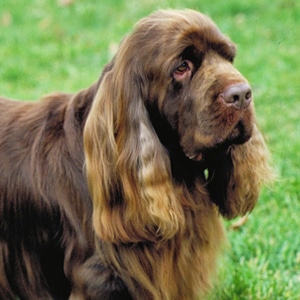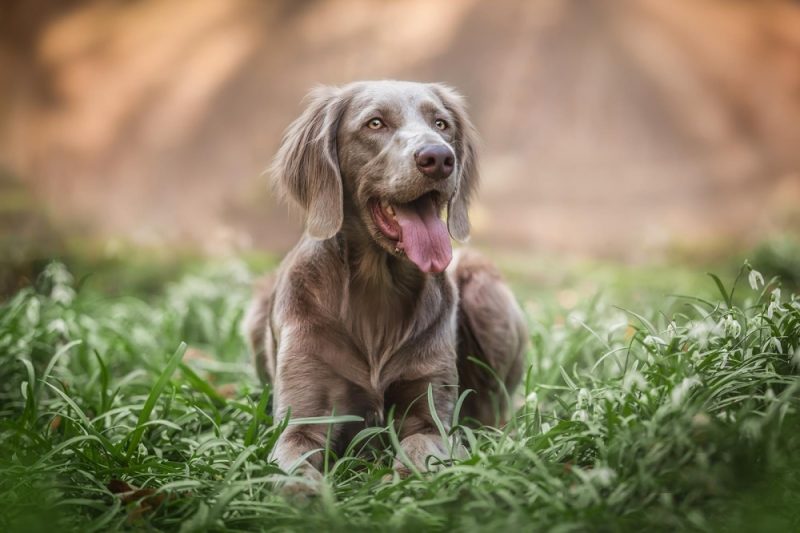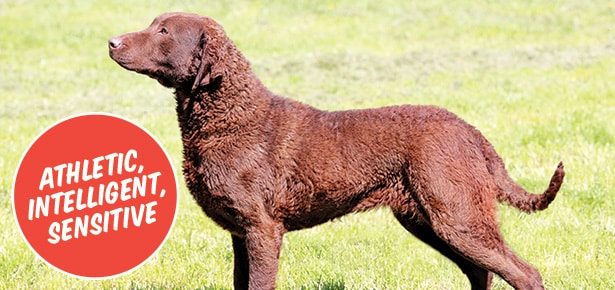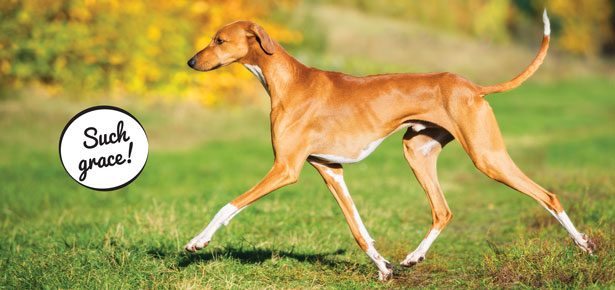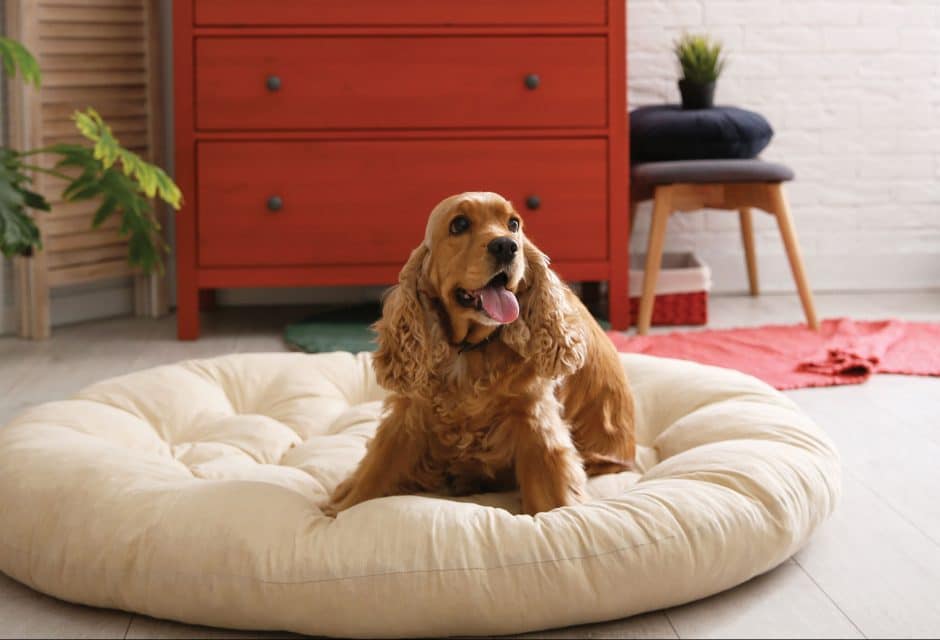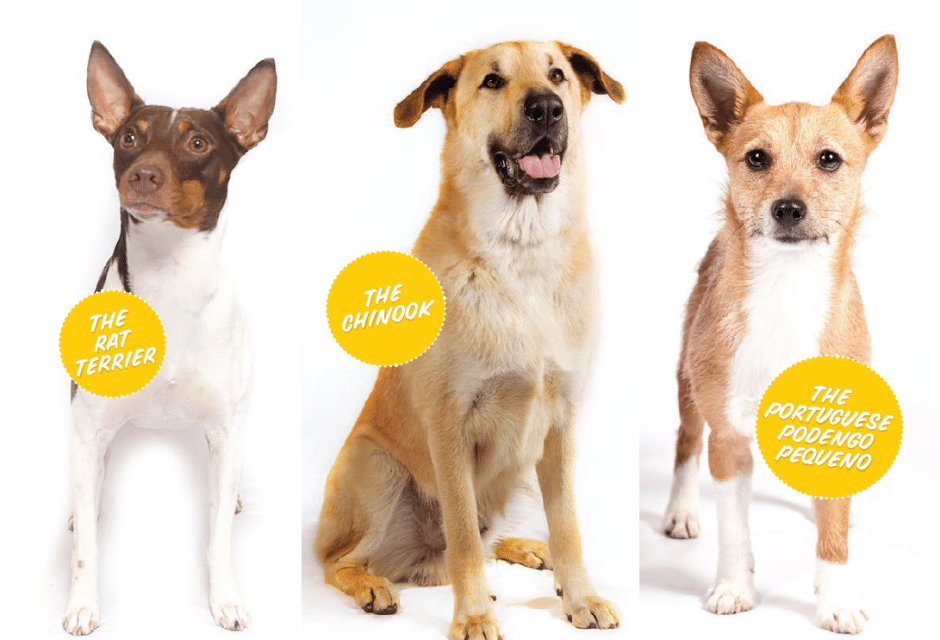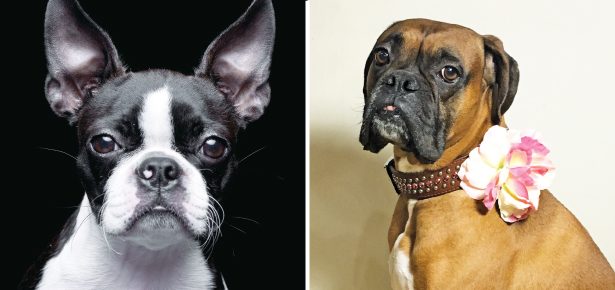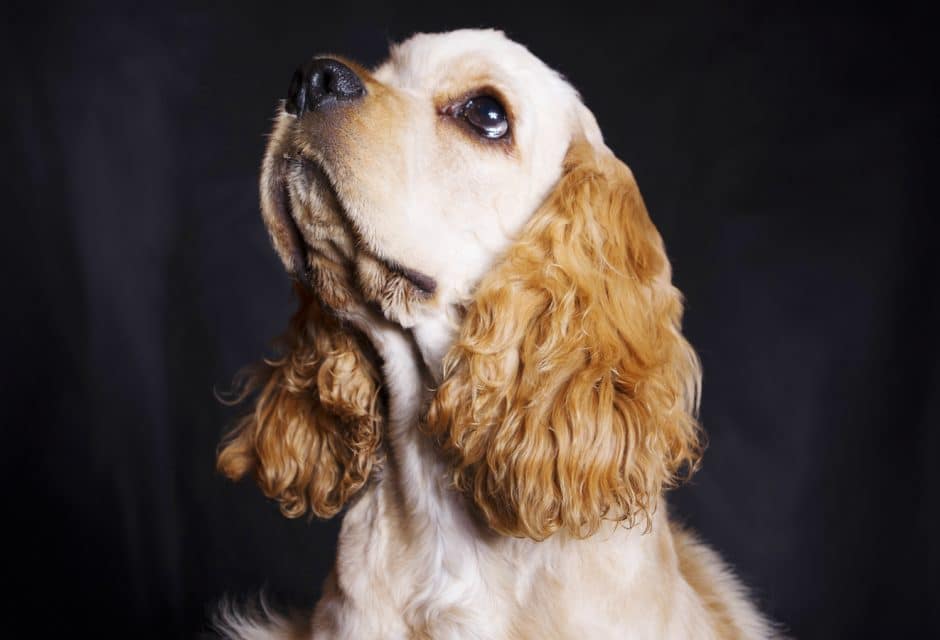
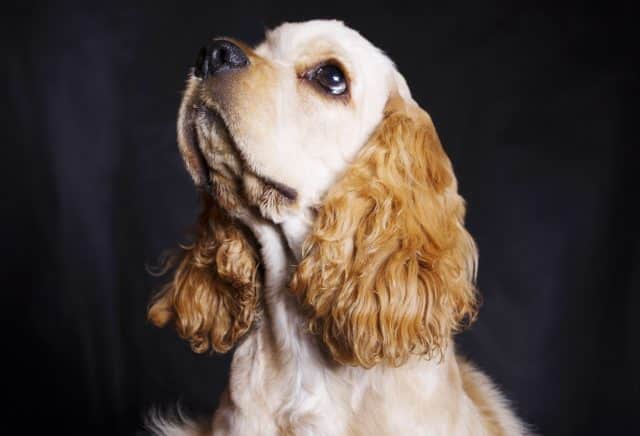
The Cocker Spaniel
America's Sweetheart
The Cocker Spaniel is, in short, one of the dog world’s most versatile members. The athleticism, combined with a pleasant disposition and high intelligence, all add up to a truly “up for anything” kind of dog.
Canine passenger on the Mayflower, frequent winner at the Westminster Kennel Club Dog Show, and the doe-eyed star of the Disney classic Lady and the Tramp… it’s no small wonder that the Cocker Spaniel has become a household name in North America. But just where did this little dog come from?
The Cocker Spaniel is the smallest of the flushing spaniels, a group of dogs bred to flush birds for hunters by finding the game, driving it from its hiding place, then retrieving it oh-so-gently.
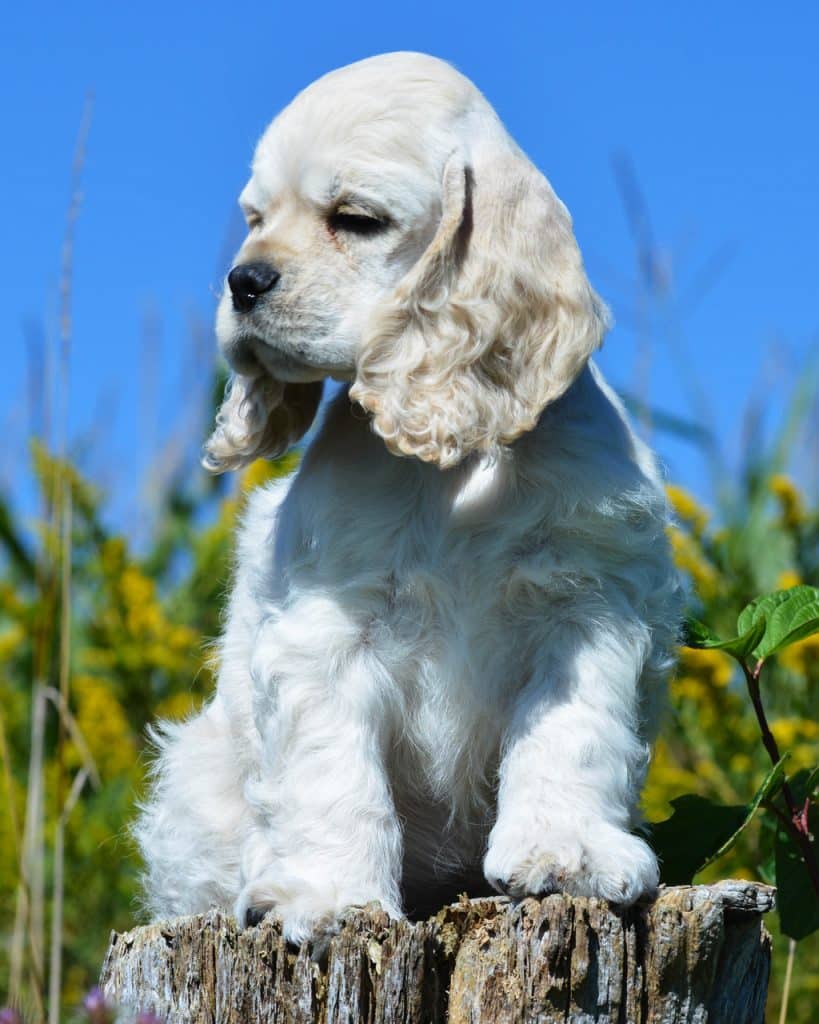
Willee Cole/Bigstock
Mention of the word “Spanyell” can be found in writings as far back as the 14th century. The breed’s earliest origins are speculative, but most accept that these dogs originated in Spain and were brought to England where they were developed over the centuries.
The Cocker Spaniel was recognized in the United States by the American Kennel Club (AKC) in 1878 and first registered a year later. Still, fanciers sought refinement and clarification as two varieties of the Cocker emerged. What has become the English Cocker Spaniel is the larger of the two. The American Cocker is smaller in stature, has a shorter back, and a more delicately-shaped head. The two breeds were recognized as distinct in 1946 by the AKC, and today the American Cocker Spaniel is simply referred to as the Cocker Spaniel.
Most Popular Dogs in the US
According to the most recent AKC registration statistics (2022)
[1] French Bulldog
[2] Labrador Retriever
[3] Golden Retriever
[4] German Shepherd
[5] Poodle
[6] Bulldog
[7] Rottweilers
[8] Beagle
[9] Dachshund
[10] German Shorthaired Pointer
[29] Cocker Spaniel
Despite his small stature, the Cocker is an extremely sturdy breed. His heritage as a capable gun dog for hunters of small shore birds (such as the woodcock, after which he’s named,) shines through in his ability to move with great speed, agility, and endurance. He is, in short, one of the dog world’s most versatile members. The athleticism, combined with a pleasant disposition and high intelligence, all add up to a truly “up for anything” kind of dog. Time to get in the car and go to the park? He’s up for that. Out for a walk on the city streets? Sounds good to your Cocker. Or, if the couch is calling you for an afternoon nap, chances are he’ll be up for that, too.
While content to serve as a family companion, there is no question that the Cocker will truly thrive if given the opportunity to flex some of his athletic muscle. Exercise for this breed is important. The Cocker needs regular walks at an absolute minimum, and better yet some focused daily play-time with a ball or other toys. If you’re looking to try something new, almost any dog sport will be of interest to your Cocker. He’s well-suited for activities such as tracking, agility, rally, or any other obedience offshoot. And if you’re lucky enough to live near water, let your Cocker tag along with you the next time you venture out. Your Cocker will take to the water like a pro. Finally, with such a sweet disposition and those soulful brown eyes, it’s no wonder that the breed is so often used as a therapy dog.
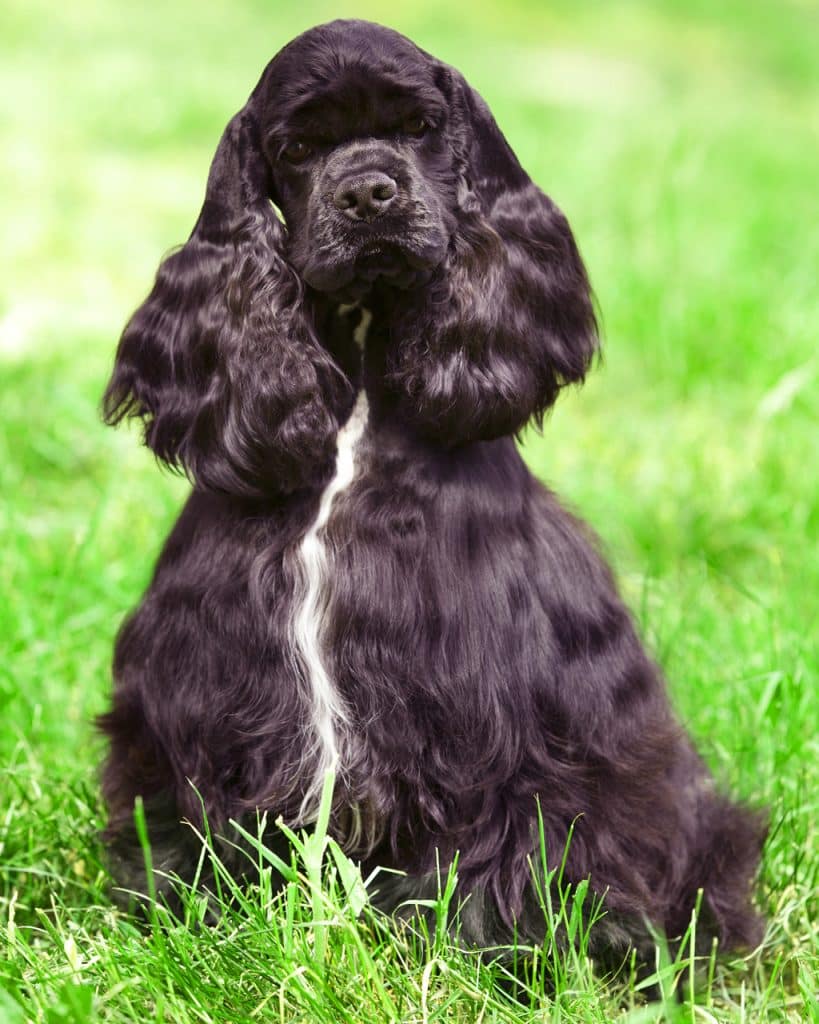
Lilun/Bigstock
Speaking of that gentle nature, those who love Cockers know and accept that these are sensitive souls. Intelligent and eager to please, the Cocker needs to be a part of the family and given plenty of love and attention.
Health-wise, this is a sturdy little dog, but he can be prone to some genetic disorders, including glaucoma and several other eye conditions. Sadly, due to its popularity, the Cocker is a favourite of puppy-millers and backyard breeders, so be very careful if you’re selecting a breeder. Find someone who is dedicated to the breed and whose dogs are active in either (or both) conformation or field trials. Ask for health clearances, and ensure that the puppies are living in the home and are well cared for by the breeder. And of course, there are many wonderful Cockers in rescue just waiting for their shot at a forever home; check with your local rescue or online at petfinder.com.
Profile: The Cocker Spaniel
Size: Medium
The AKC breed standard allows for for a range in size for males and females, but the Cockers ranges from 13.5 inches to 15.5 inches at the shoulder. Approximate weight for the breed is from 20 to 30 pounds.
Activity Level: 4/5
This Sporting dog needs regular exercise. Daily walks are a must, and some extended play time or more vigorous exercise will help the cocker thrive.
Grooming: 3/5
A thorough trim every few months, plus regular brushing, are required to keep that silky coat looking beautiful. Special attention must be paid to the Cocker’s pendulous ears.
Heritage:
Originally an able assistant to hunters of small shore birds like the woodcock, these days the Cocker primarily functions as a household pet.
For more information on Cocker Spaniel rescue in the U.S., visit www.asc-f.org. In Canada, cockerspaniel.rescueme.org/ca.
When it comes to health, one thing can’t be overlooked: those ears. Yes, those soft, silky ears are a hallmark of the breed and certainly one of its most endearing traits, but they also serve as an ideal, moist breeding ground for bacteria and yeast. You’ll need to pay regular attention to your Cocker’s ears or you could end up with a very unhappy, uncomfortable dog. Prevention is key. Talk to your veterinarian about strategies, which may include trimming the hair under the ear flaps regularly and using a recommended product to keep the ears clean.
Listed as a passenger on the Mayflower’s historic voyage to the new world in 1620, it’s almost as though the Cocker Spaniel was destined to become America’s sweetheart. One thing’s for sure: the charms of the Cocker Spaniel are hard to resist!
If you like the Cocker Spaniel, you might consider the…
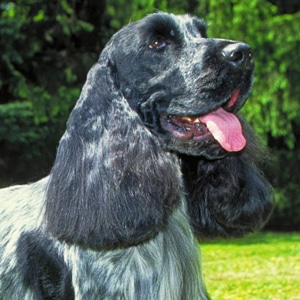
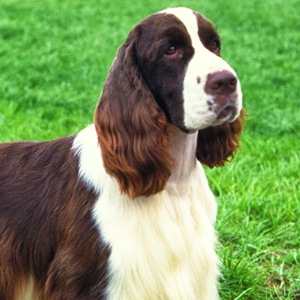
Photos © Mary Bloom, AKC
English Cocker Spaniel English Springer Spaniel Sussex Spaniel
» Read Your Breed For more breed profiles, go to moderndogmagazine.com/breeds
Join the newsletter and never miss out on dog content again!
"*" indicates required fields
By clicking the arrow, you agree to our web Terms of Use and Privacy & Cookie Policy. Easy unsubscribe links are provided in every email.

